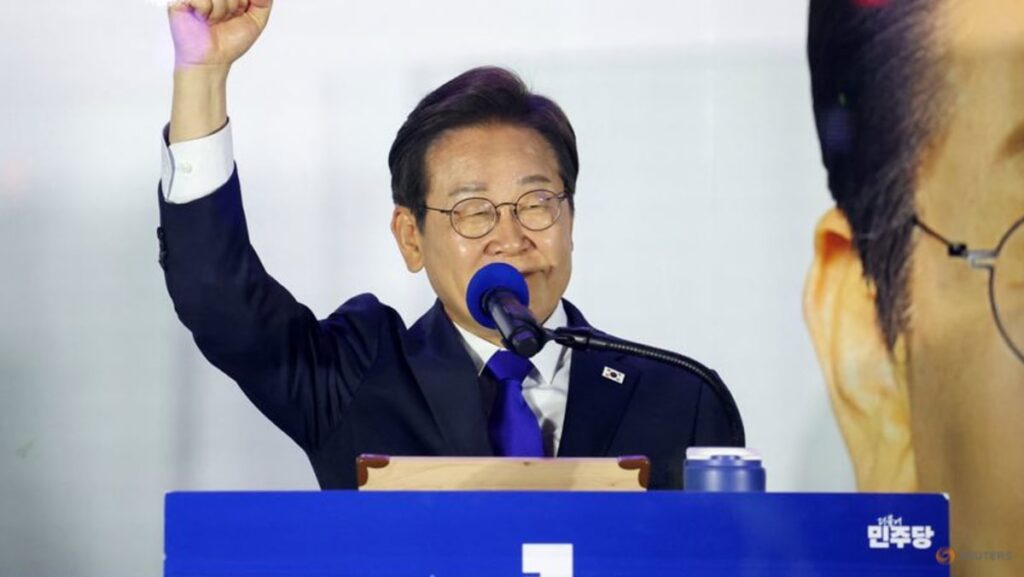BUSAN: When a president is impeached for attempting martial law, one would expect his party to collapse at the polls. In South Korea, it didn’t. Despite Yoon Suk Yeol’s dramatic fall, the conservatives performed far better than expected. That may be the most important story in South Korea’s snap election last week.
Left-leaning Lee Jae-myung won the presidency, as most polls predicted. He will enjoy a unified government. That is, his party – the Democratic Party of Korea – controls both the presidency and the legislature.
A unified government is rare in presidential democracies; the voters often return divided government. Mr Lee will face pressure from the left-wing of his coalition to move quickly on favoured issues, such as detente with North Korea.
A unified government opens a window until the next election – for the legislature in 2028 – for Mr Lee to govern aggressively from the left. Mr Lee does not need many conservative votes in the legislature. And the South Korean conservative party – of which Yoon was a member – faces an internal crisis.
It hesitated to fully condemn Yoon’s martial law power grab. It is probably best for South Korea’s long-term democratic stability that the left won. The right needs to publicly and more credibly commit to democratic processes before it can be trusted with power again.
Nevertheless, a robust left-wing policy drive on the back of unified progressive government would be a mistake. Despite its defeat in the election, the South Korean right significantly overperformed expectations. Mr Lee won legitimately and is the country’s rightful president, but he does not have a mandate for wide-ranging liberal governance.

